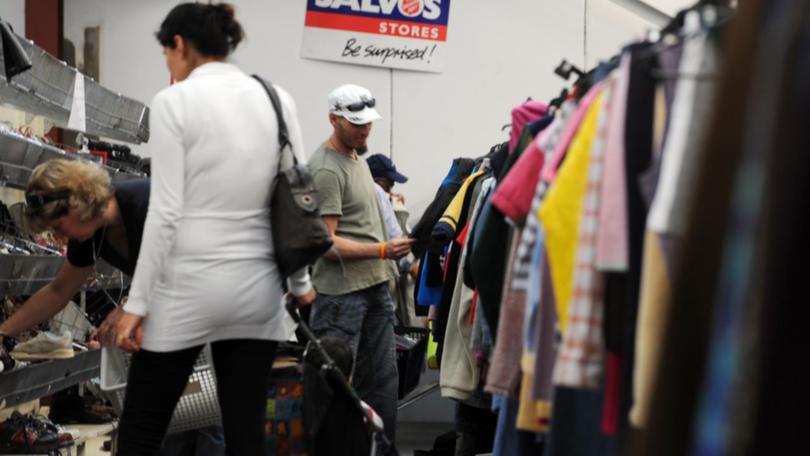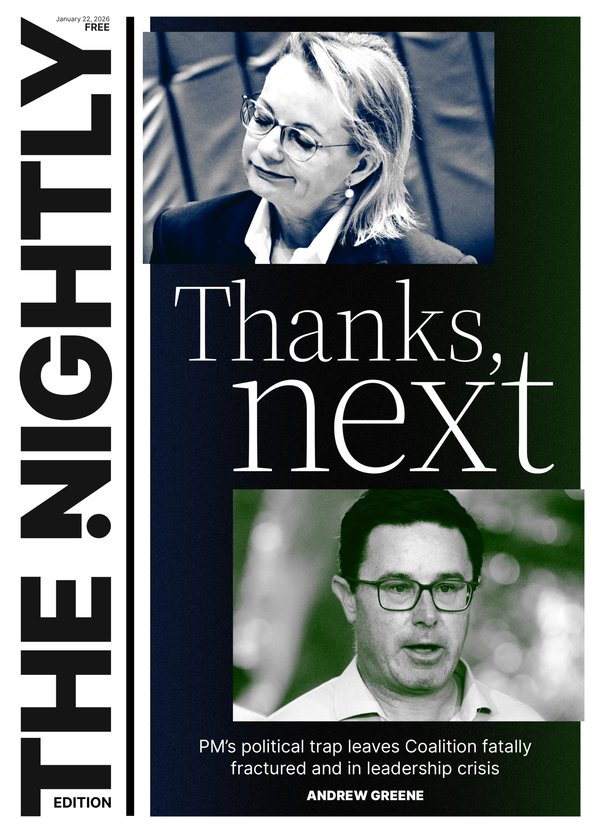Heartbreaking choices: Families forced to skimp on basic items to stay afloat amid cost-of-living pressures

The effects of rising costs are etched in the mind of Jen Touzel, a Lions Club volunteer who recently organised a pair of shoes for a man who wanted to attend a doctor’s appointment in something other than his slippers.
“I’ll never forget that,” Ms Touzel told AAP.
“We organised the shoes because that’s what put a smile on their face.”
Sign up to The Nightly's newsletters.
Get the first look at the digital newspaper, curated daily stories and breaking headlines delivered to your inbox.
By continuing you agree to our Terms and Privacy Policy.It’s not the only example of Australians struggling to afford basic items, with one in five recently skipping buying clothing or shoes because they could not afford them, research from charity Good360 Australia has revealed.
Their figures show more than one-third of Australians say the cost-of-living crisis feels worse than it did a year ago, despite a decrease in inflation.
Other recently released data suggests credit card spending has reached a record high, with the average balance taking five months to pay off.
“Australians are making heartbreaking sacrifices just to keep their households running,” Good360 Australia founder Alison Covington said.
Increasingly unaffordable insurance and housing have been key concerns for those who walk through the doors of Toongabbie Seven Hills Lions Club in outer western Sydney, club secretary Ms Touzel said.
“One of the biggest things that we see is women, all they want is a safe place to live with their kids,” she said.
“It’s getting very hard, rents are just astronomical.”
The little things count the most when providing support for the local community, Ms Touzel said.
The club’s team of 24 provides a range of services, from handing out books in libraries to driving people to medical appointments.
They receive donations from individuals and businesses, and run market stalls to raise money.
“It’s always difficult keeping up with demand,” Ms Touzel said.
“We try to involve a group of people, so it’s not all up to us.”
Charities across Australia have experienced unprecedented demand.
At Inala Community House in Brisbane’s south, Haley Kiata says the number of families seeking help continues to grow.
“A few years ago you might have been able to walk in and sit for half an hour with somebody,” she said.
“That’s just not possible these days.”
Families they support in Brisbane’s south are unable to afford basic items including school uniforms, the community engagement manager said.
“The mums and dads feel so guilty that on the first day of school their kids don’t have the full stationery list,” Ms Kiata said.
It comes as Victoria bans public school logos on shorts, pants, skirts and socks from 2026 to ease financial pressure on families.
For those looking to help their neighbour, Ms Covington said her charity is seeking unwanted household items.
“Billions of dollars’ worth of unsold household essentials are wasted each year,” she said.
“These are goods that can be efficiently redirected to charities and communities across the country to help people in need.”
